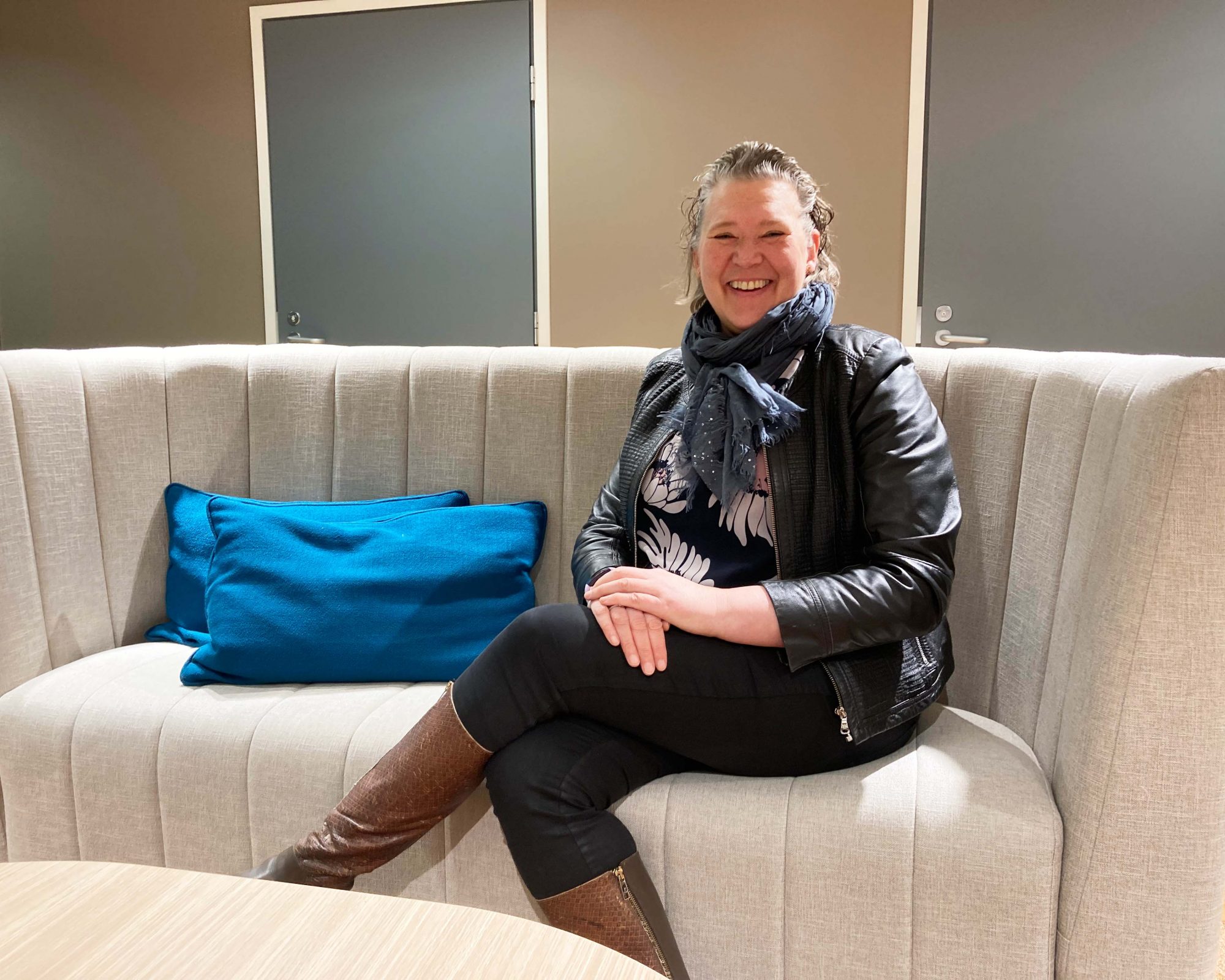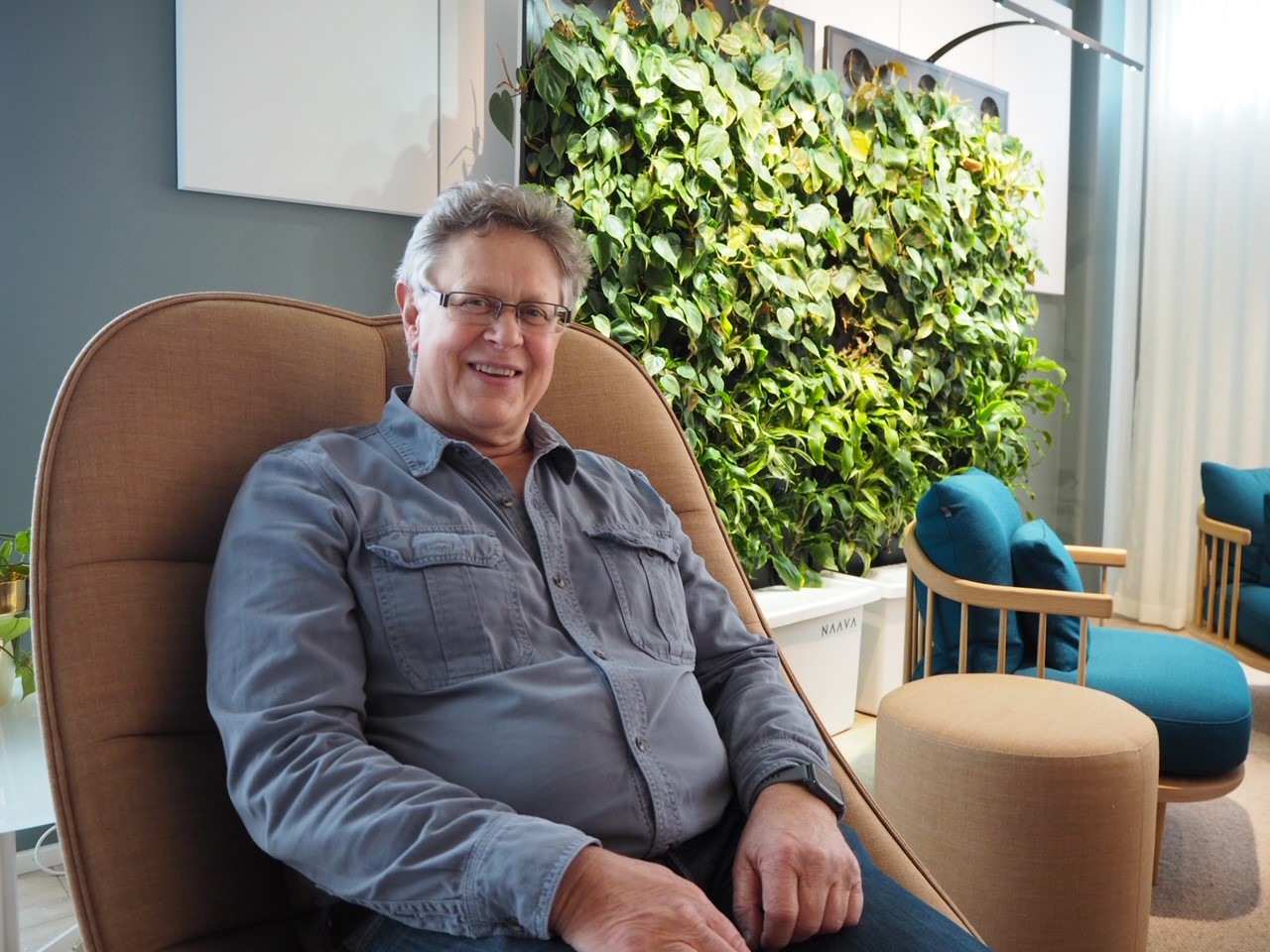Genuinely personalised cancer treatment – What does it mean?
31.8.2020 Categories: Articles
Personalised medicine is a major trend in cancer treatment and it is rapidly becoming the standard. The term refers to providing the patient with personalised treatment based on their individual genetics and molecular data.
At Docrates Cancer Center, using genetic information in treatment has already been the standard for a long time and we are breaking new ground to provide our patients with cancer treatment with maximal effect that suits them best and causes as little harm as possible, now and in the future.
For us, personalised medicine also includes many other matters. For example, enquiring about, determining and understanding the patient’s individual needs actively and meeting those needs is part of this approach. It can also refer to adjusting the patient’s treatment according to their work schedule or allowing their family members to be involved and provide support in the treatment process.
We believe that personalised medicine requires communication and care on the patient’s and their family members’ terms. Listening, discussing and helping in practical matters is important but, in some cases, simply showing you are available for support is needed.
In planning a process for cancer treatment, personalised medicine is about providing the patient with all the possible individual treatment alternatives. The patient’s personal wishes and resources play an important role. For example, the most clinically effective mode of treatment is not always the best option if the patient’s coping skills are limited. Personalised cancer treatment is about listening to each patient as an individual without omitting any facts, rather than treating all patients according to the same model.
Milestones in personalised cancer treatment
How have cancer treatment processes been personalised on the basis of genetics and molecular information so far? According to Juha Kononen, Docrates Cancer Center’s Chief Clinical Director and Chief Physician of Personalized Oncology, a perfect example can be found in the treatment of non-small cell lung carcinoma.
“At the end of the 1990s, it was understood that adenocarcinoma, the most common form of non-small cell lung carcinoma, is not a single disease but a genetic group of different diseases. Selective drugs for these subtypes were developed, which signalled a quantum leap for prognoses,” says Kononen.
Immuno-oncological treatments are now used in personalised lung cancer treatment, which can also be considered a certain type of milestone,” says Kononen.
“No one used to think that immuno-oncological treatments can be used in the treatment of lung cancer. Now, patients who would have had a poor prognosis before can cope better and longer with these drugs.”
Immuno-oncological treatments for lung cancer are helpful for patients with a high level of PD-L1 cancer cells.
In addition to lung cancer, genetics are currently successfully applied in the treatment of breast cancer, melanomas, certain haematological cancers and GIST tumors (gastrointestinal stromal tumors).
Patients with a melanoma and BRAF gene mutation can benefit from selective drugs. According to Kononen, a major breakthrough occurred in 2014 when it was discovered that blocking the molecular pathway that causes a melanoma at several points improves the response to treatment.
Docrates also utilizes lutetium-PSMA therapy in the treatment of prostate cancer, which is also a perfect example of advanced personalised medicine. This therapy is helpful for patients with PSMA protein-positive cancer cells.
In addition to focusing on better and more effective modes of therapy, individual genetic information makes it possible to avoid modes of therapy that are not helpful to the patient or likely to cause adverse effects.
Wide variety of cancers poses a challenge
We are already at the stage where the increased availability of genetic information improves the effectiveness of treating various types of cancer and reduces the adverse effects of treatment. However, not all problems have yet been solved.
The biggest challenge is the heterogeneity of cancers. Each occurrence of cancer is genetically unique in different patients. For this reason, a selective drug that is helpful for one patient may not have the same effect for another patient. There may also be genetically different cell populations within a tumor.
According to Juha Kononen, the next major step is to advance from genetic and molecular information to a wider overview of the causes of a cancer and its possible progress.
“It is essential for getting a bigger picture to develop imaging techniques that allow studying the variety of biological processes occurring in the body in real time,” says Kononen.
He believes that, within five years, cancers can be analysed at the level of individual cells.
“This allows for studying the different areas of an individual tumor at high resolutions and, consequently, determining the required individual treatment strategies.”
More personalised cancer treatment in the future
According to Kononen, in order to achieve the most optimal and individually effective treatment possible, it is important that gene and molecule profiling is performed throughout the treatment process. This allows changing or adjusting the patient’s treatment strategy if the treatment is not effective or becomes less effective than before.
In practice, monitoring the DNA of the disease in real time would be challenging if it requires taking an invasive biopsy of the patient. Liquid biopsy is a method that supports tissue biopsies by requiring only a blood sample from which the DNA of the cancer is analysed for profiling purposes. Liquid biopsy has already been a standard method at Docrates Cancer Center for a long time.
Liquid biopsy allows for profiling patients who cannot be studied using a traditional tissue biopsy; for example, due to the location of the tumor.
Kononen believes that the treatment of cancer will become increasingly selective. There may also be more than one treatment strategy.
“Experimenting with anticancer drugs to determine their effect will most likely be history. In the future, cancer treatment is likely to be more accurate and effective with fewer adverse effects.”
The more genome information is available, the more personalised cancer treatment will become.
More information about the genetics of cancer is becoming available at a rapid rate and new promising drugs and methods are constantly developed. Thanks to the experienced and renowned cancer researcher Juha Kononen, Docrates Cancer Center has access to the results of the latest studies. Whenever necessary, we can apply this information quickly and in a flexible manner, which may have a tremendous effect on the treatment of an individual patient.












